hello.
a letter on money, meaning, and the quiet devastation of being young in a broken world
some mornings i wake up and it takes me a moment to remember where i am. not physically, but existentially i’m somewhere between survival and collapse, ambition and detachment. i make coffee. i answer emails. i touch grass. i nod along to meetings where no one is saying anything worth listening to. i exist in a world where i’m not living, i’m just killing time. and most days, that’s the full extent of what i can do.
there’s a specific kind of fatigue that settles in when you realize adulthood isn’t a destination, but rather, a crisis you’re expected to manage indefinitely. there are no clear markers of progress, no rituals of arrival. just the slow bleed of time into effort, effort into currency, currency into rent. if you’re lucky.
but even that feels tired to say out loud.
what i want to know is how do we live inside of this. not just materially, but spiritually. how do we retain meaning, depth, interiority, when the structure demands performance, profit, and psychic flattening.
and what do we do with the god-shaped hollowness that remains in our society?
(this post is free, but if you enjoy this newsletter, consider becoming a paid subscriber and be part of a smaller circle where things feel a little softer, a little more personal, you’ll get early access to my youtube videos and a weekly media consumption roundup filled with articles, video essays, podcasts, and other references to make you smarter. i’d love to have you there)
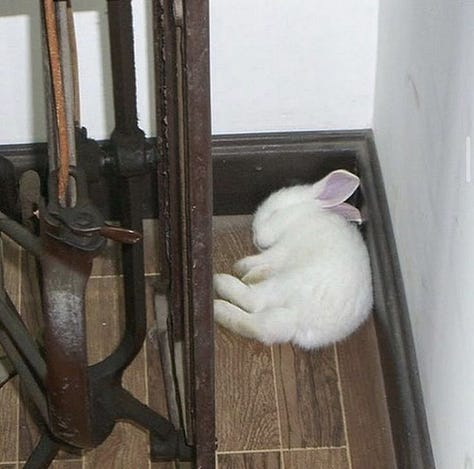

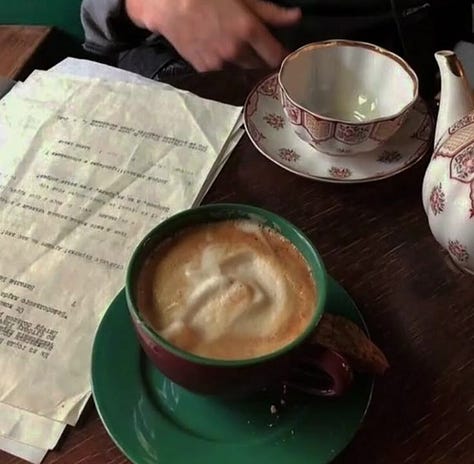
i. the unspoken grief of being normal
no one tells you that becoming an adult means grieving your own life in real time. not the death of dreams because those are easy enough to replace. but the death of clarity and certainty. of shared cultural meaning.
we are a generation disoriented not just by economics but by the dissolution of frameworks that once made sense of things. the church is gone. the family structure is fractured. work is transactional. even the internet, once a portal for connection, now feels like a mirrored hallway of curated selves and algorithmic noise. meaning has become diffuse and truth negotiable.
we’ve become the curators of our own lives. shaping identities. building personal brands. crafting philosophies out of tweets and trauma. but none of it feels real.
michel foucault, in madness and civilization, traces the history of how societies have defined and redefined madness. not as a medical condition, but as a social judgment. in the middle ages, the mad were seen as touched by something otherworldly. by the classical period, they were confined, silenced, institutionalized. what changed wasn’t the nature of madness, but what society needed it to mean. madness became a tool. a way to draw the line between what was useful and what was inconvenient and what could be assimilated or what had to be hidden.
sanity, in this view, is just compliance that has been culturally sanctioned. it is not a measure of truth, it is a measure of usefulness.
so when you feel like you’re losing it and you can’t keep up or when you spiral when the world feels uninhabitable, it might not be because something is wrong with you. it might be because your body is trying to speak a language the system refuses to hear.
the melancholic, the anxious, the dissociative, the dreamers, the ones who feel too much and move too slowly for a world obsessed with speed and spectacle, foucault would say they are not broken. they are resisting. not always by choice, but by nature. they are reminders of something the structure wants to forget.
what we call dysfunction might just be a form of refusal.
and the ache you carry that flares up when you stare too long at your screen, or when you realize you haven’t felt real joy in months, might be the soul recognizing that the structure around it is spiritually bankrupt. that something essential has been stripped from life. something unnameable and sacred.
we are not malfunctioning. we are adapting to conditions that were never designed for human flourishing.
it is not that the mad are alone in their madness. it is that the world has forgotten how to listen.

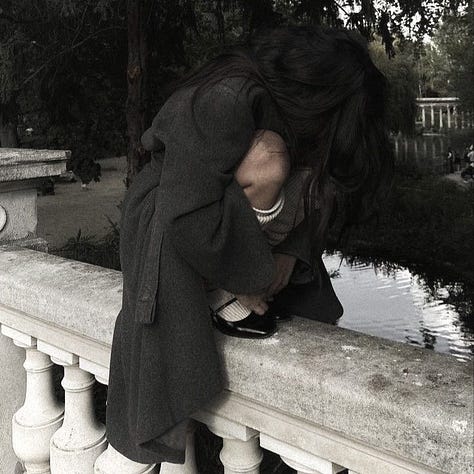
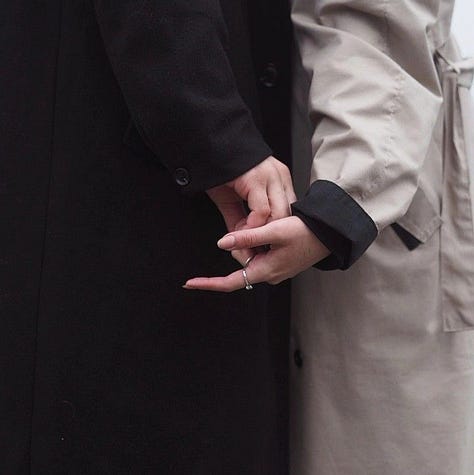
ii. the architecture of exhaustion
we don’t just work for money. we work for the right to exist without shame and prove we are contributing to avoid the guilt of stillness and silence the fear that if we stop moving, we’ll be left behind.
but even rest has been commodified marketed as luxury. we’re told to “self-care” our way out of burnout. to buy routines and supplements and strange powders and goopified wellness products that promise balance, but deliver only a more aesthetically pleasing form of exhaustion.
the truth is, rest doesn’t feel restful when the ground beneath you is unstable and you can’t afford to break. or when time off means falling behind.
so we keep going. scrolling. branding. building resilience like it’s a personality trait and numbing out on information and ambient despair.


iii. god-haunted modernity
it is not that the mad are alone in their madness, it’s that the world has forgotten how to listen.
and what happens when you live long enough in a world that refuses to hear you? when interiority becomes a liability and longing is treated like a glitch. eventually, the soul begins to starve. not for answers, necessarily, but for resonance, beauty, ritual. for something that doesn’t demand to be monetized or explained.
we don’t always have language for what we feel. but that doesn’t mean the feeling isn’t real. it lingers in the quiet between tasks and in the craving for silence when even rest feels too loud. sometimes we feel it in the ache that builds when you scroll for hours and can’t remember a single thing you saw. the pain is subtle. it doesn’t scream. it hums like a gnawing ache. and that hum sounds a lot like homesickness. but for what? for where?
some would call it a crisis of purpose. others would say it’s spiritual.
i think it's both.
maybe we are not spiritual because we were taught to be. maybe we are spiritual because the absence of meaning leaves a wound. and the wound keeps asking.
we live in a time where everything can be explained or diagnosed. but not everything should be and not everything wants to be solved.
there is a kind of longing that resists language; a sense that something essential has been lost, and no amount of optimization will bring it back. it lingers in the quiet moments. the 2am questions and the inexplicable ache of beauty and the hunger for ritual in a world that no longer believes in mystery.
this is not a call to return to religion, but it might be a call to reimagine reverence and let ourselves want more than efficiency. to find a god, or something like god, in the small and the strange and the sacred.
perhaps in poetry. in friendship. in lighting a candle and in choosing silence when there’s pressure to perform. and in remembering that to be alive is, itself, a metaphysical risk.



iv. toward a meaningful resistance
i often ask myself, especially as of late, what does it mean to live a beautiful life in a world that’s falling apart. or to be good when goodness doesn’t trend. what does it mean to want less, but more deeply.
capitalism, content, and certainty will not save us.
but maybe conversation and softness will. maybe choosing presence, even in discomfort, is its own form of rebellion.
we don’t need more five year plans. we need more moments of radical clarity and slow mornings. more honesty and mutual care. and evenings where we let ourselves feel what we’ve been avoiding. more poetry, even if no one reads it. more questions, even if they don’t come with answers.
we are not okay. but we are here. and maybe that’s the beginning of something true.
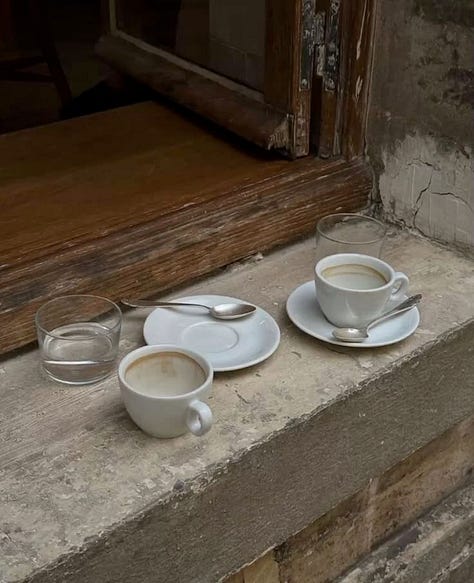
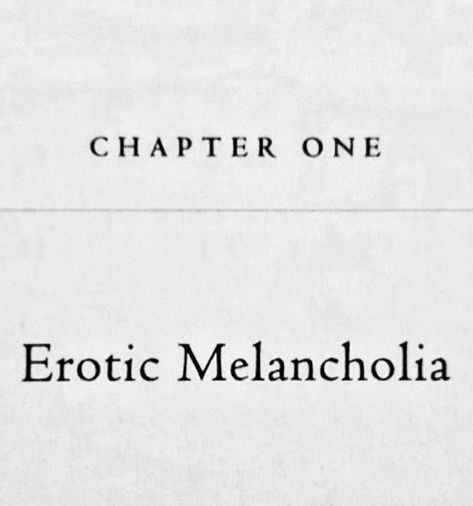
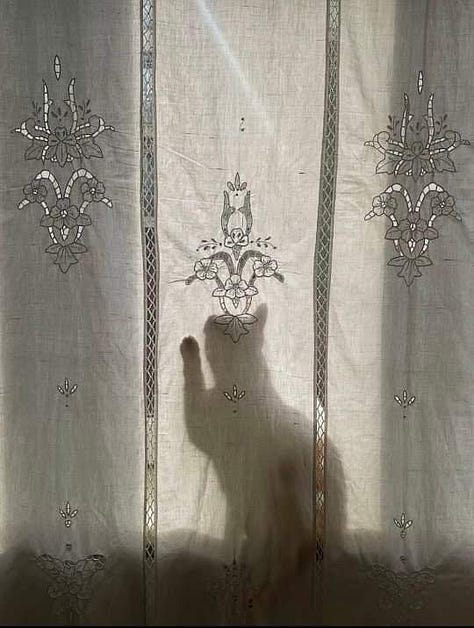
recommended reading for the quietly unraveling:
madness and civilization by michel foucault
a history of how western society defines and confines madness, and what it reveals about power, normativity, and the fear of interiority.nausea by jean-paul sartre
a journal-style novel that captures the weight of existence when all meaning begins to dissolve. a brutal but formative read if you’ve ever felt like your own consciousness is a burden.the burnout society by byung-chul han
slim but devastating. a meditation on how our age of overachievement and self-exploitation creates emotional fatigue and spiritual erosion.the ethics of ambiguity by simone de beauvoir
an existentialist approach to freedom, responsibility, and what it means to make meaning in an absurd world.steppenwolf by hermann hesse
a man split between bourgeois routine and wild spiritual hunger. part philosophical treatise, part mystical hallucination. for anyone who feels like they were born into the wrong kind of life.the death of ivan ilyich by leo tolstoy
short and devastating. a man realizes he has lived the wrong life only when he is dying. moral clarity delivered with surgical precision.
these aren’t books that will fix anything. but they might make you feel seen. and sometimes that’s enough.
if you’re not ready to become a paid subscriber and you have the capacity to leave a tip, that would be so appreciated.
i love you.
bye.
(follow ig, tiktok, youtube, pinterest and spotify for more)





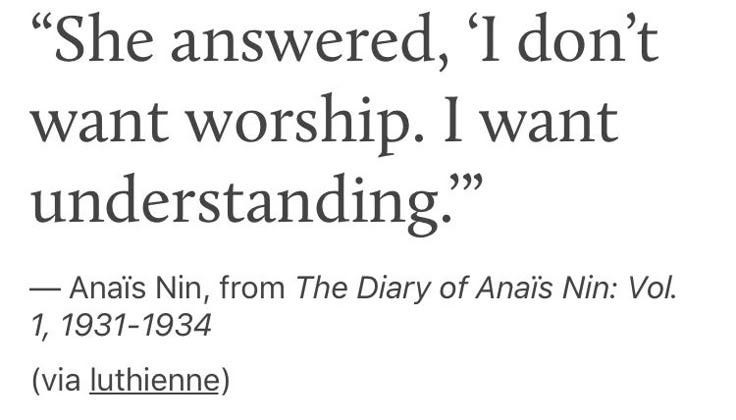

Existence is a roving across surfaces. In a material world, depth is not discovered but constructed. We adopt identities — any will do — and through exposure to books, art, and media, we weave meaning into them. It is not that we uncover who we are; we become by building. To insist on penetrating beyond the surface is to encounter only the void. Life does not reward endless probing. It rewards commitment: to an identity, to another. Be something. Love someone.
This is the best thing I’ve read in a long time. I feel seen. Thank you x